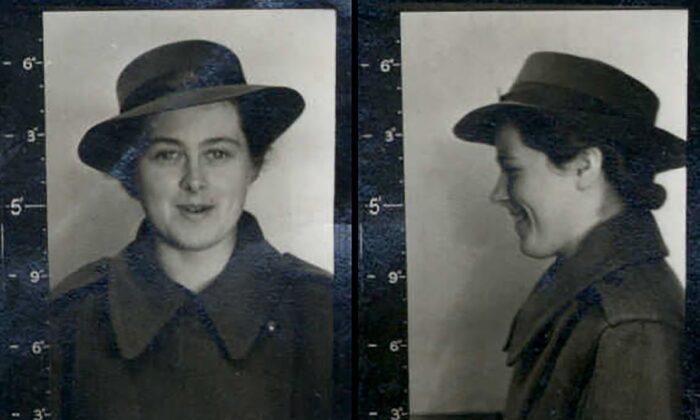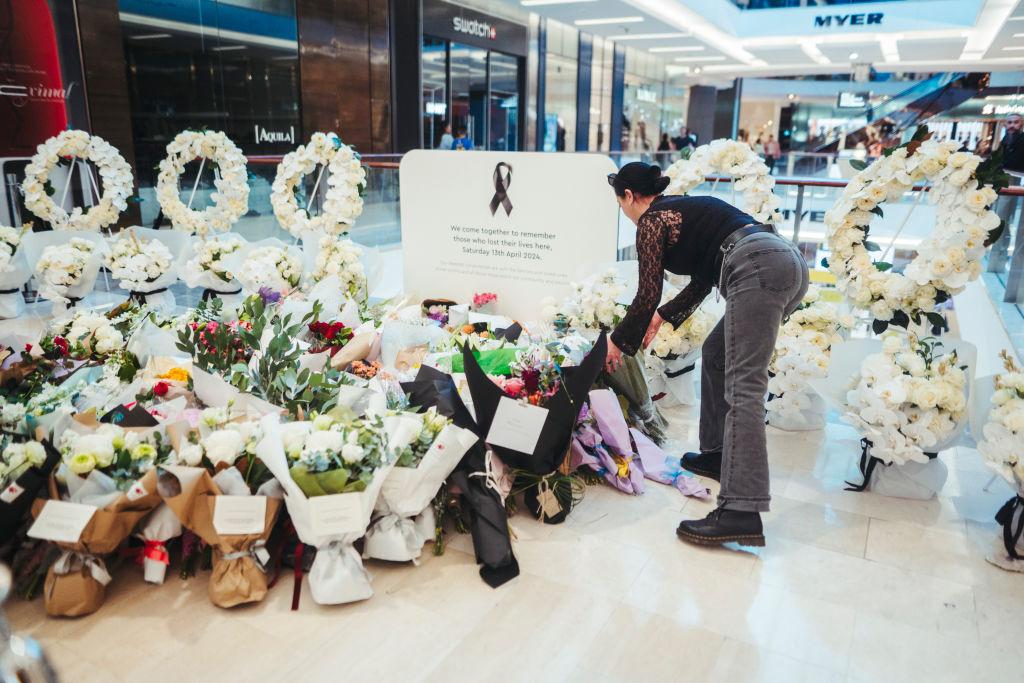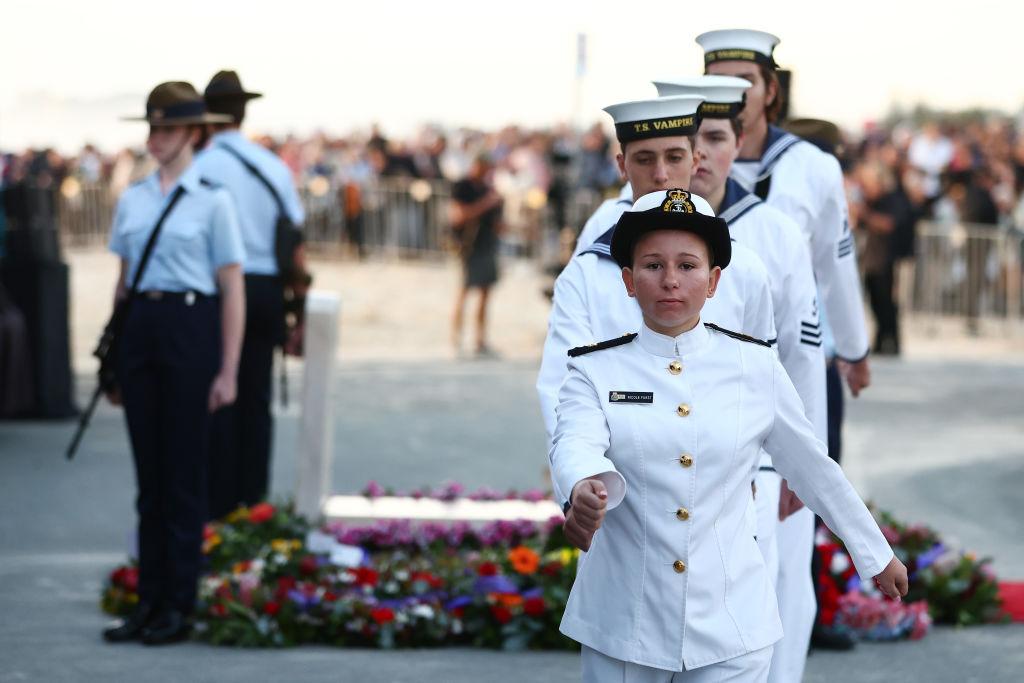Eight decades after secretly cracking codes in a Brisbane garage, three women have been recognised for their World War II service.
Coral Hinds, Joyce Grace and Ailsa Hale were among a group of women who played a critical but largely unrecognised role in the Allied victories in the Pacific, including the battle of Midway in June 1942.
From the garage of the Brisbane suburban mansion that served as a top-secret signals base, the women worked around the clock on 12 British Typex cipher machines, decoding encrypted messages from German and Japanese forces.
Among their most consequential contributions was decrypting communications that played a key role in the intelligence that led to the shooting down of Admiral Yamamoto.
Yamamoto was commander-in-chief of the Imperial Japanese Navy Combined Fleet during the attack on Pearl Harbor and the Battle of Midway.
Their impact carried into the post-war successor of the Central Bureau when, knowing the exceptional service of the women, the new director ignored a Defence directive to limit how many women were employed.
Now aged 98, Coral Hinds fondly recalls her days as a so-called “Garage Girl” and said she was proud something had come of it.
“It’s quite unexpected,” she said of being awarded the Australian Intelligence Medal.
“All the time I worked with Central Bureau, I’ve met some wonderful girls. It’s those girls that I’m still friends with, and knowing that they have the same thoughts about privacy and work and all those things we held so dear in our work, that’s the thing I remember most.”
The work of Allied signals intelligence is credited with having ended the war two years earlier than expected.
“There were some very important messages, but we didn’t always know how important they were,” Hinds said.
The messages came in five-letter groups, which the girls would then deliver onto a paper ribbon in a process Hinds described as “very hush-hush”.
The awards come five weeks before Grace celebrates her 100th birthday.
Rachel Noble, who leads the successor to the Central Bureau, said the women and their colleagues achieved the extraordinary without being able to share the enormity of their achievements for so long.
“The Australian Intelligence Medal rightly recognises the significance of their service and sacrifice to signals intelligence and Australia’s war effort,” the Australian Signals Directorate director-general said.
“The enduring legacy of the ‘Garage Girls’ continues today. They are our modern-day heroines and an inspiration to our people.
“As ASD celebrates its 75th anniversary year, we still stand on their shoulders.
“The work they did in harsh conditions shortened the war, and no doubt saved many lives. It is humbling for us all to finally see their incredible achievements recognised.”





